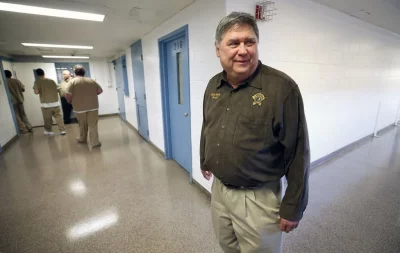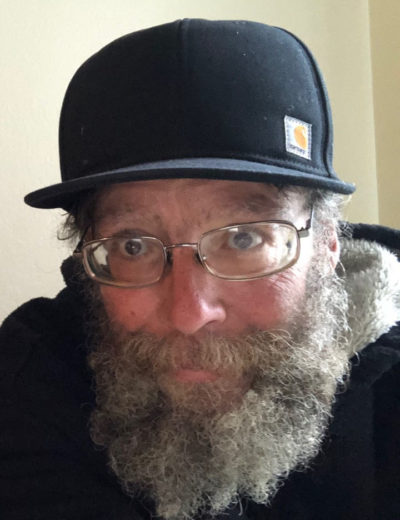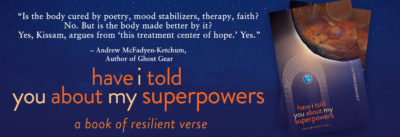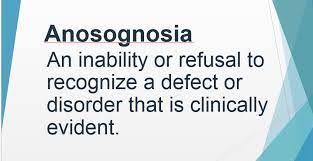
Anosognosia is discussed in book excerpt: YOU ARE NOT ALONE
(9-14-22) The National Alliance on Mental Illness is publishing its first book: YOU ARE NOT ALONE, written by its Chief Medical Officer Dr. Kenneth Duckworth. Dr. Duckworth has kindly allowed me to publish an excerpt discussing anosognosia – a lack of insight. The book goes on sale September 20. More information about You Are Not Alone and the national schedule of Dr. Duckworth’s appearances to discuss the book can be found at https://www.youarenotalonebook.org/.
YOU ARE NOT ALONE
A book by Kenneth Duckworth, M.D., published/copyright by NAMI. (Excerpt used with permission of NAMI.)
When someone is affected by a brain-based condition, it can be difficult to recognize or assess the extent to which their emotions and thoughts are affected by an illness process. My dad periodically experienced this state during his episodes, so I know intimately the challenge, pain, and helplessness it can generate for family members. The same microwave he truly thought was communicating to him during an episode of psychosis was just an appliance he used to heat up his coffee a few months later. We were lucky that his awareness would return once his episode ended, after months in the state hospital. He knew something had happened that prompted hospitalization, and he would take the prescribed lithium and antipsychotic medication, but he didn’t want to discuss his illness or treatment. He would rather take me to a Detroit Tigers game and engage in playful stories. It was also easier for me to take all the good in him and deny his painful episodes. 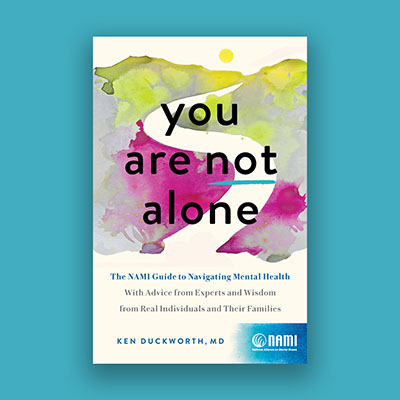
That kind of denial on our part was a separate issue from that of anosognosia, which is inherent to the brain and not a conscious or unconscious choice. Dad happened to have both sides of this coin: episodic lack of awareness and self-protective denial after an episode. Anosognosia is the brain; denial is the mind. In fact, both of us had denial, but that can be worked on…. The brain dimension of anosognosia, however, is an ongoing challenge that science has yet to understand.
I asked two experts—Xavier Amador, author of I Am NotSick, I Don’t Need Help, and Kate Hardy, a leader in cognitive behavioral therapy for psychosis (CBTp)—to share their approaches to care in this critical area. Because anosognosia is brain-based, not everyone who lacks awareness of their illness can gain it—even with the best relationship support and treatment. I believe one way to better understand what your family member is going through is to listen to someone who has lost awareness, regained it, and can talk about it.
